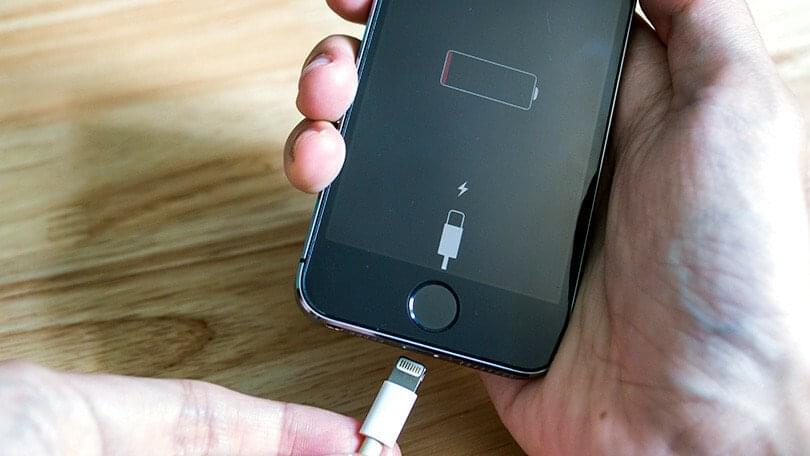As they increasingly log on from home, Americans are having to meld their personal technology with professional tools at unprecedented scale. For employers, the concern isn’t just about capacity, but also about workers introducing new potential vulnerabilities into their routine — whether that’s weak passwords on personal computers, poorly secured home WiFi routers, or a family member’s device passing along a computer virus.
The dramatic expansion of teleworking by US schools, businesses and government agencies in response to the coronavirus is raising fresh questions about the capacity and security of the tools many Americans use to connect to vital workplace systems and data.
At one major US agency, some officials have resorted to holding meetings on iPhone group calls because the regular conference bridges haven’t always been working, according to one federal employee. But the workaround has its limits: The group calls support only five participants at a time, the employee noted.
“Things have worked better than I anticipated, but there are lots of hiccups still,” said the employee, who spoke on condition of anonymity because he is not authorized to speak on the record.








